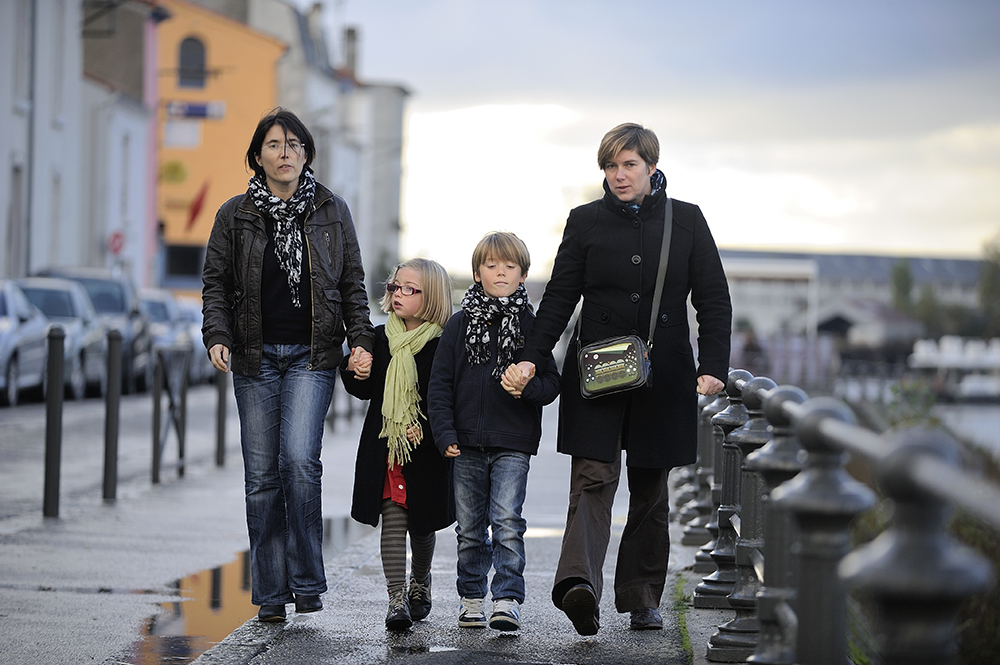
"It's often suggested that children with same-sex parents have poorer outcomes because they're missing a parent of a particular sex. But research my colleagues and I published in the journal BMC Public Health shows this isn't the case," lead researcher Simon Crouch wrote on the Conversation.
Crouch and his team surveyed 315 same-sex parents with a total of 500 children across Australia. About 80 percent of the kids had female parents and about 18 percent had male parents, the study states.
Children from same-sex families scored about 6 percent higher on general health and family cohesion, even when controlling for socio-demographic factors such as parents' education and household income, Crouch wrote. However, on most health measures, including emotional behavior and physical functioning, there was no difference compared with children from the general population.
Crouch suggested the greater social cohesion among same-sex families comes from an equal distribution of work. He said same-sex couples are likely to share responsibilities more equally than heterosexual ones.
"It is liberating for parents to take on roles that suit their skills rather than defaulting to gender stereotypes, where mum is the primary care giver and dad the primary breadwinner," he said.
But Benjamin Siegel, professor of pediatrics at the Boston University School of Medicine, said there are limits with such research. He told BU Today last year that none of the studies has been a randomized, controlled trial and that all studies on same-sex parenting are small since there aren't as many same-sex parents.
The University of Melbourne study also pointed out a problem facing same-sex families: stigma.
According to the study, about two-thirds of children with same-sex parents experienced some form of stigma because of their parents' sexual orientation. Despite these kids' higher marks in physical health and social well-being, the stigma associated with their family structure was linked to lower scores on a number of scales. Crouch said stigmas ranged from subtle issues such as sending letters home from school addressed to a "Mr." and "Mrs." to more harmful problems such as bullying at school. The greater the stigma a same-sex family faces, the greater the impact on a child's social and emotional well-being, Crouch said.
However, according to a report published by the American Academy of Pediatrics last year that analyzed three decades of data, children raised by gay and lesbian parents showed resilience "with regard to social, psychological and sexual health despite economic and legal disparities and social stigma."
"Many studies have demonstrated that children's well-being is affected much more by their relationships with their parents, their parents' sense of competence and security, and the presence of social and economic support for the family than by the gender or the sexual orientation of their parents," said Siegel, co-author of the American Academy of Pediatrics report.
Amid the last year's Supreme Court arguments over same-sex marriage, researchers found that the quality of parenting and families' economic well-being was more important than sexual orientation.
"I can tell you we're never going to get the perfect science, but what you have right now is good-enough science," Siegel said. "The data we have right now are good enough to know what's good for kids."



From the Washington Post. They aren't exactly pro-traditional family.
Now, we do know that children later in life model their behavior from they what witness from their parents. What's going to happen when it comes time to seek a mate? How will they know how to behave with the opposite sex? Those sounds coming the bedroom of Mom & Mom or Dad & Dad having sex. How will this play out as the child gets older?
I'm just asking.